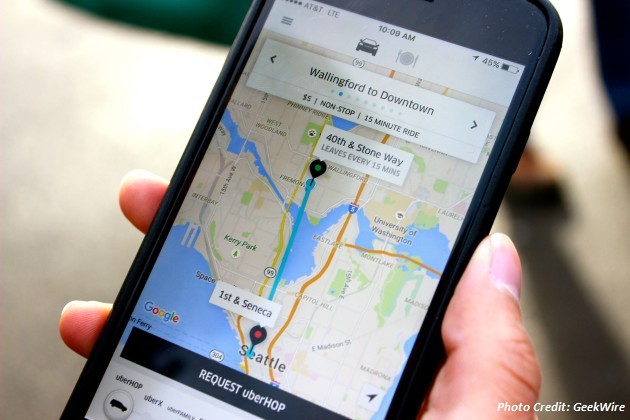FCC Chairman Julius Genachowski, in a speech to the Brookings Institution today, proposed the FCC adopt six rules governing "Net Neutrality." This is the result of the Obama Administration wanting more regulations governing Internet Service Providers (ISPs) -- one of his campaign platforms.
For the uninitiated, Net Neutrality is the misguided attempt at keeping the Internet "Open and Innovative." I've written on this subject several times, see here and here. Net Neutrality proponents basically want to guarantee that ISPs do not manage the data that goes to and fro on their ne! tworks. Some are afraid that ISPs will prioritize data so that some data moves through the bandwidth pipes faster than others. The case that most often is associated with this issue is when Comcast slowed down the data connections of some users who were using BitTorrent connections, peer-to-peer connections that most often moves an immense amount of data from user to user.
Comcast slowed down some of these connections because P-2-P connections use up a disproportionate amount of data. Think of it like a buffet line -- when one person is lodged at the buffet station gorging themselves, it creates less availability for other customers. Net Neutrality would bar ISPs from essentially managing their own networks (which they spend billions of dollars on each year to expand).
Some of the main points laid out by Chairman Genachowski today:
- To encourage broadband deployment and preserve and promote the open and interconnected nature of the public Internet, consumers are entitled to access the lawful Internet content of their choice.
- To encourage broadband deployment and preserve and promote the open and interconnected nature of the public Internet, consumers are entitled to run applications and use services of their choice, subject to the needs of law enforcement.
- To encourage broadband deployment and preserve and promote the open and interconnected nature of the public Internet, consumers are entitled to connect their choice of legal devices that do not harm the network.
- To encourage broadband deployment and preserve and promote the open and interconnected nature of the public Internet, consumers are entitled to competition among network providers, application and service providers, and content providers.
These principles sound pretty innocuous. I mean, who would be against consumer access to lawful Internet content or running their choice of applications on Internet connections? But no one who opposes Net Neutrality has ever advocated for restricting consumer access to lawful content. Proponents have used scare tactics in the past to make consumers think that at some point Comcast et. al., will not let their users access Google, or Yahoo, or some other content providers. No such case has occurred.
A couple of things stand out about the proposed rules. First, the FCC is now including wireless broadband into the mix. So Net Neutrality rules would extend to the data users access with their mobile devices such as cell phones and laptop connection cards. Secondly, the notion that consumers are entitled to connect their choice of legal devices that do not harm networks sounds good, but will this become a mandate aimed at wireless carriers. If one user purchases a p! hone to run on the AT&T network, will these rules in the future mandate that the same phone must work on Verizon's network? This is harder than it sounds because the two carriers use different radios (GSM vs. CDMA)?
I am also leery of the "consumers are entitled to competition among network providers" rule. We have one of the most competitive wireless markets in the world. It's certainly not perfect and there is room for improvement, but the FCC (an unelected regulatory body) simply saying "make the market more competitive" could have nefarious unintended consequences since their definition of a competitive market is so vague.



